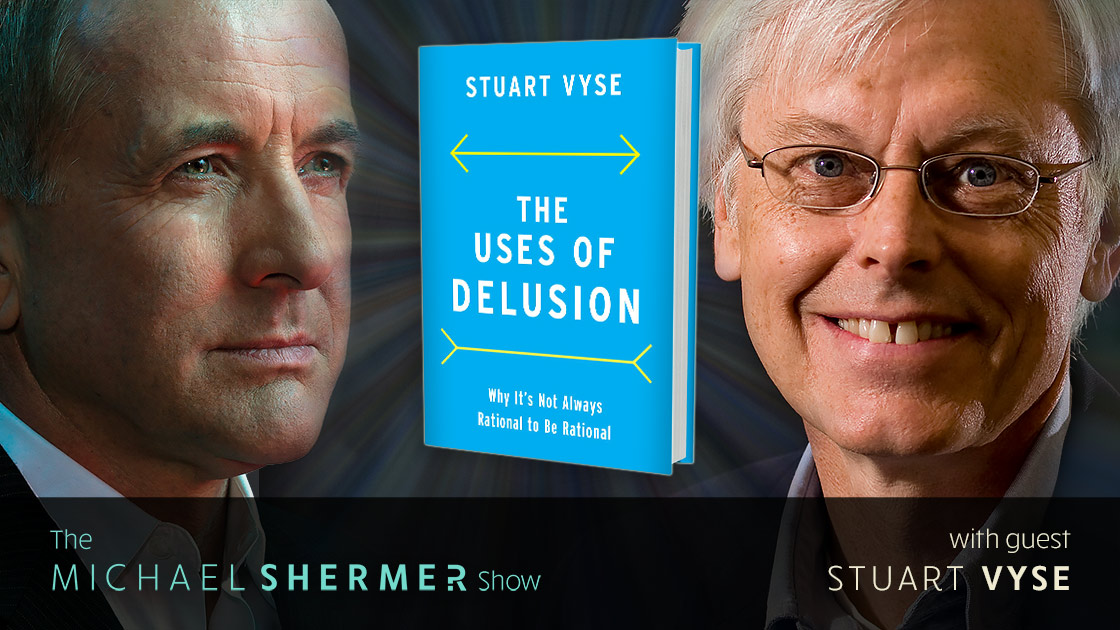
Human perception and memory are notoriously inaccurate. Preconceptions and biases shape both our perceptions of events and how we recall them later. Mick West considers how to think about eyewitness testimony so that it does not become emotional and swiftly evolve into an overly polarized argument.

Michael Shermer speaks with psychologist and behavioral scientist, Stuart Vyse, about aspects of human nature that are not altogether rational but, nonetheless, help us achieve our social and personal goals. In his book, and in this conversation, Vyse presents an accessible exploration of the psychological concepts behind useful delusions, fleshing out how delusional thinking may play a role in love and relationships, illness and loss, and personality and behavior.
How do arguments for evolution used by mainstream scientists differ from arguments employed by creationists and proponents of Intelligent Design? Ralph M. Barnes sheds some light on this question in this article from Skeptic magazine 23.4 (2018).

Why are clocks in Germany so accurate while those in Brazil are frequently wrong? Why do New Zealand’s women have the highest number of sexual partners? Why are “Red” and “Blue” States really so divided? Why is the driver of a Jaguar more likely to run a red light than the driver of a plumber’s van? Why does one spouse prize running a “tight ship” while the other refuses to “sweat the small stuff?” Cultural psychologist Michele Gelfand provides answers.
In this lecture, based on his book, U.C. San Diego cognitive psychologist Benjamin K. Bergen draws together research in psychology, linguistics, and neuroscience to offer a new theory of how our minds make meaning.
In this week’s eSkeptic, we present Dr. Michael Shermer’s review of The Brain and the Meaning of Life by Paul Thagard.











